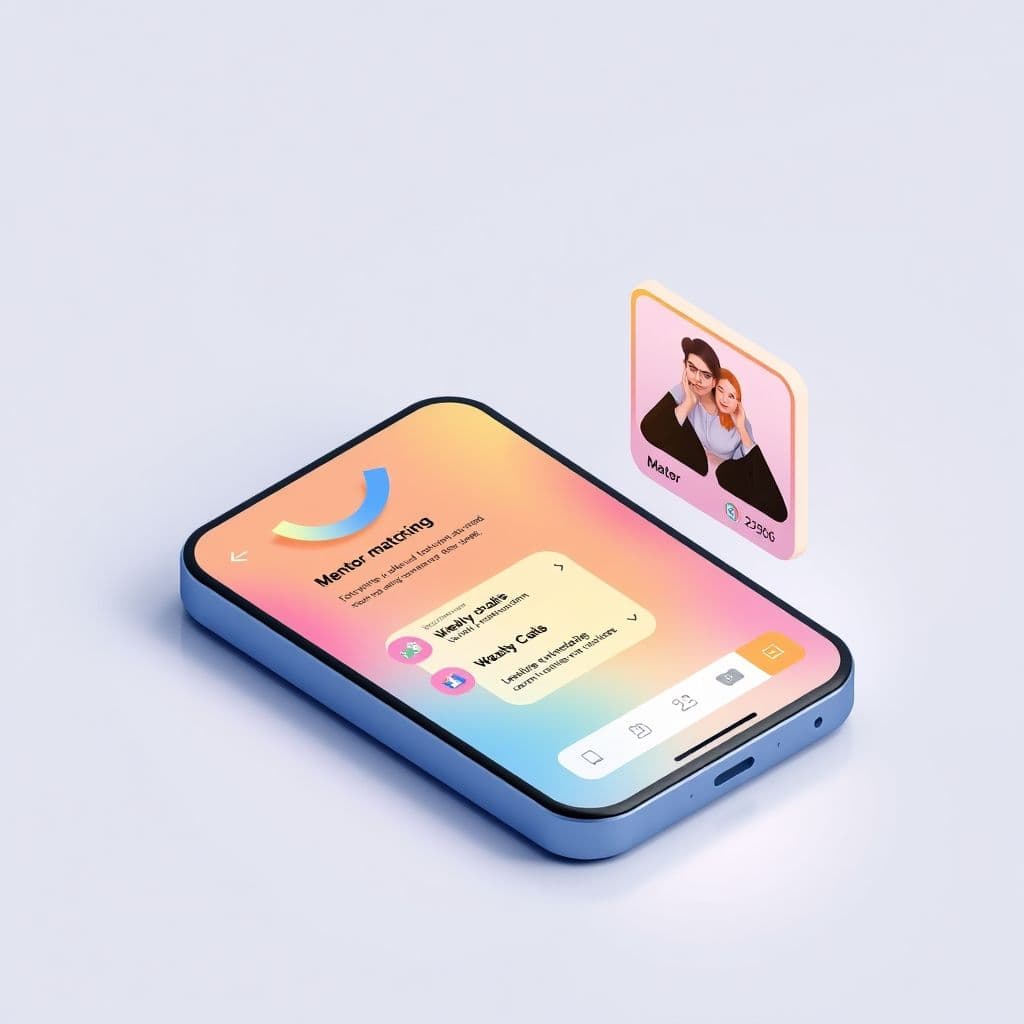How to Build an Online Income Stream as a Beginner: The Missing Mentorship Gap

The journey to building an online income stream is filled with questions, trial and error, and often, overwhelming confusion. As Georgia's viral TikTok video shows, beginners are desperately seeking mentorship and step-by-step guidance to navigate platforms like YouTube, affiliate marketing, and digital product creation. But what if there was a better way to connect new creators with proven strategies and personalized support?
The Problem: Why Beginners Struggle Alone
The comments on Georgia's video reveal a clear pattern: aspiring digital marketers need hand-holding through every step of the process. From understanding Google Adsense ('Can you explain what is the Google ad?') to craving mentorship ('Sis are you looking to mentor in any capacity?? I just need to start lol'), beginners face three core challenges: 1) Information overload with no clear path, 2) Lack of accountability in implementing strategies, and 3) No access to personalized feedback on their content and approach. This leads to paralysis, wasted time on ineffective tactics, and ultimately, abandoned dreams of online income.

SaaS Solution Idea: Structured Digital Mentorship Platform
Imagine a platform that matches beginners with mentors who have successfully built online income streams in their specific niche (YouTube growth, affiliate marketing, digital products, etc.). This hypothetical SaaS solution could offer: 1) Vetted mentor profiles with verified income proofs, 2) Structured onboarding roadmaps based on the beginner's goals, 3) Weekly accountability check-ins with progress tracking, and 4) Community challenges based on proven frameworks (like Georgia's 90-day $100K plan). The platform would use AI to suggest optimal mentor matches based on learning style, niche, and budget.
Key differentiators would include: A focus on measurable outcomes (not just vague advice), milestone-based payments to mentors (aligning incentives with student success), and built-in templates for content strategies that actually work. Unlike existing course platforms, this would provide real-time feedback and adaptation as algorithms and trends change.

Potential Use Cases and Benefits
1) The YouTube Creator: Gets matched with a mentor who grew a channel in their niche. Together they optimize video titles, analyze retention graphs, and develop a cross-platform promotion strategy (like Georgia's TikTok-to-YouTube approach). 2) The Affiliate Marketer: Receives personalized recommendations for high-converting programs and learns how to create authentic review content that converts. 3) The Digital Product Creator: Gets guidance on validating product ideas before development and launch strategies that actually sell. The platform could track key metrics like 'days to monetization' and 'income streams activated' to prove ROI to users.
Conclusion
The demand for structured, accountable mentorship in digital marketing has never been clearer. While courses and free content abound, beginners like those in Georgia's comments need personalized guidance to bridge the gap between knowledge and implementation. A well-designed mentorship SaaS could democratize access to the strategies that actually work, turning overwhelmed beginners into confident income-generating creators.
Frequently Asked Questions
- How would this SaaS platform verify mentor qualifications?
- The hypothetical system could require income verification (like Adsense screenshots), student success metrics, and platform testing before allowing mentors to take on students. Continuous rating systems would ensure quality.
- What would prevent this from becoming another generic course platform?
- The key difference would be the emphasis on real-time interaction, personalized feedback loops, and AI-driven adjustments based on each student's progress data and changing platform algorithms.
- How could the platform make mentorship affordable for beginners?
- Potential models could include group mentorship cohorts, milestone-based payment plans where mentors earn more as students succeed, or even revenue-sharing arrangements for high-potential creators.


